Shoulder pain is a prevalent concern, affecting approximately 18-26% of adults at some point in their lives. It is a leading cause of musculoskeletal-related doctor visits, and its incidence tends to rise with age. Occupational factors, trauma, and degenerative conditions contribute to the high prevalence of shoulder pain in the population.
Understanding the root causes of shoulder pain is essential for effective management. Common etiological factors include:
- Rotator Cuff Injuries: Tears or strains in the rotator cuff muscles can lead to pain and reduced mobility.
- Frozen Shoulder (Adhesive Capsulitis): Inflammation and thickening of the shoulder capsule, causing pain and stiffness.
- Shoulder Impingement:** Compression of tendons between the shoulder blade and the humerus, resulting in pain.
- Arthritis: Osteoarthritis or inflammatory arthritis affecting the shoulder joint.
- Trauma: Accidents or falls that result in dislocations, fractures, or soft tissue injuries.
Types of Shoulder Pain:
- Rotator Cuff Tendinitis: Inflammation of the tendons in the rotator cuff causing pain during certain movements.
- Bursitis: Inflammation of the bursa sac, leading to pain and swelling.
- Instability: Dislocation or subluxation of the shoulder joint causing recurrent pain.
- Arthritis-Related Pain: Chronic pain and stiffness due to degenerative changes in the shoulder joint.
Treatment Options:
- Conservative Measures:
- Physical therapy focusing on strengthening and flexibility exercises.
- NSAIDs for pain and inflammation control. – Rest and activity modification.
- Interventional Pain Management Techniques:
- Corticosteroid Injections: Targeted injections to reduce inflammation and alleviate pain.
- Suprascapular Nerve Block: Numbing the suprascapular nerve to provide relief.
- Intra-Articular Joint Injections: Delivering medication directly into the shoulder joint for pain relief.
- Platelet-Rich Plasma (PRP) Therapy: Promoting healing by injecting concentrated platelets into the affected area.
- Peripheral Nerve Stimulation (PNS): electrical stimulation of peripheral nerves to alleviate chronic pain
- Surgical Options:
– In cases where conservative and interventional measures are ineffective, surgical interventions like arthroscopy or joint replacement may be considered.
Shoulder pain can be a complex and debilitating condition, impacting daily activities and quality of life. As a pain management specialist, my commitment is to guide patients through a comprehensive understanding of their shoulder pain and to offer personalized treatment options. By integrating cutting-edge interventional pain management techniques with other modalities, we aim to alleviate pain and restore functionality, fostering an improved overall well-being.



